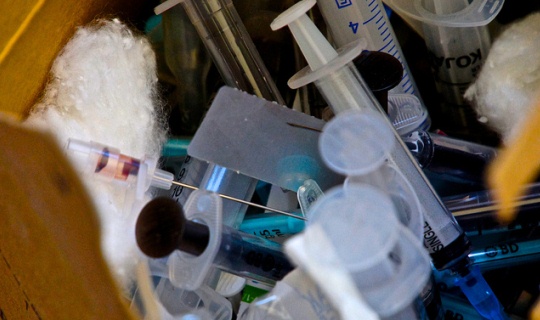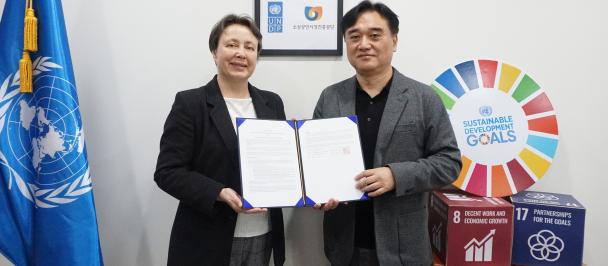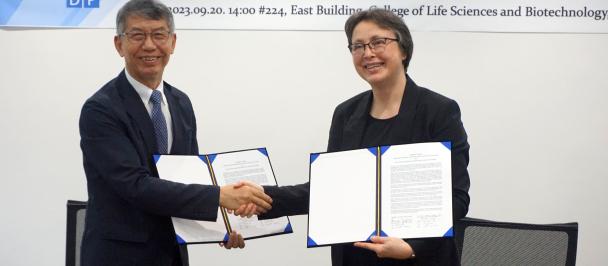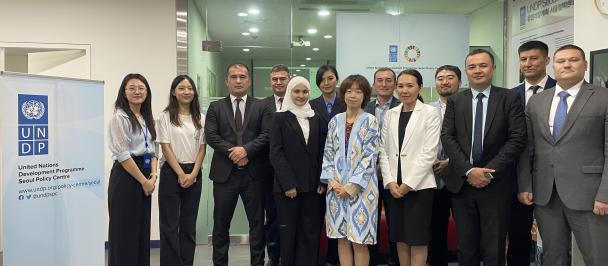Medical waste disposal capacity (MOE)
With the prolonged spread of the virus, medical waste also increased and reached 400t by March 12, 2020, easily outnumbering the Middle East Respiratory Syndrome (MERS) within only 49 days. Medical waste includes cotton balls, dressings, syringes, injection needles, and all other wastes from the treatment of coronavirus infections. Despite the surge, the ministry announced on March 2, 2020, that there will not be any problems related to waste disposal. This is because the ministry made preemptive amendments to the Wastes Control Act Enforcement Decree in order to prevent unnecessary medical wastes. Following the amendment, disposable diapers from nursing hospitals have been removed from medical wastes category since January this year. Thus, the current disposal capacity can fully accommodate the increased amount of waste. Moreover, the Korea Centers for Disease Control outlined the COVID-19 Response Directives, which specifies the disposal storage and delivery steps. For example, it outlines disposal steps for patients waiting for hospitalization at home. Together with volunteers dispatched to high-waste areas (e.g. Daegu / Gyeongbuk), these efforts have facilitated the safe and fast disposal of medical waste.
Voluntary agreement on recycling of packaging materials (MOE)
The Korea Integrated Logistics Association reported that the total amount of parcel delivery for February increased by 31.7% compared to February last year. This is due to more people ordering food and necessities online. In response to the consequential increase in parcel waste, the ministry agreed to a ‘voluntary agreement’ on proper recycling of packaging materials with shipping and online logistic companies on April 9, 2020. Logistic companies will include recycling instructions both in the usual delivery messages and on the invoice attached to packages. Companies are also urged to use reusable packaging for electronics that are delivered for installation at homes. The ministry will also distribute advocacy materials on proper recycling across apartments and local governments. As it is a recently initiated agreement, its results are yet to be confirmed.

 Locations
Locations




